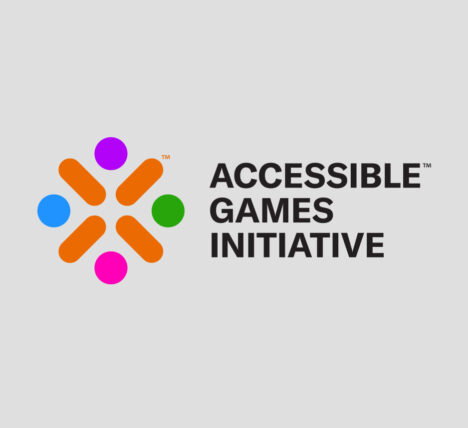
Video games are one of the most popular ways to have fun. 65% of American adults use video games for relaxation and recreation and that number is only growing. As one of the most rapidly-growing industries in the world, it’s easy to just focus on the medium’s entertainment value. But there’s a lot more to games today than just play.
Since the inception of video games, people have been using game technology to test their intellect. Educational games are by no means a recent innovation. Some of the earliest games were text and strategy-based. Today, we use games to teach everything from math and science to languages and history.
Game-based learning is a growing movement among educators to integrate educational games into the classroom. Oftentimes, the results are extreme. Researchers are discovering that educational applications of video games might be even more powerful than we ever anticipated.
Academic and medical studies back up these observations as well. One study found mobile learning games (MLG) to be as effective as traditional textbook learning at transferring factual knowledge. Another study found game-based learning assessments (GBLA) to be a strong way of measuring implicit learning. Yet another study found that video games can effect have measurable positive effects on creativity.
It’s clear that when learning becomes fun, people are quicker to engage and benefit. It’s also worth noting that these improvements are most marked in populations of children that struggle with traditional methods of learning. That’s why the Summer Slugger program—supported by the ESA Foundation, EVERFI, and Major League Baseball—works to help children in Los Angeles retain math and literacy skills over the summer using games.
“Engaging students through the power and fun of video games not only prevents this loss, it helps ignite a love of learning and lasting passion for STEM education,” said ESA Foundation Executive Director Anastasia Staten.
Games don’t just help us learn hard skills, either. More and more research is finding that video games effectively teach important soft skills like teamwork, critical thinking, and decision-making. Games can also help us learn physical skills, even ones as fine-tuned as conducting surgery. Level Ex, a Chicago-based game company, specializes specifically in teaching medical professionals through games.

Video game companies have embraced this new frontier of gameplay. As Yannis Mallat discussed with the ESA’s Stanley Pierre-Louis at Games for Change 2019, Ubisoft has made educational games one of their main priorities. Riot and Ubisoft have also launched free titles to help people learn how to code by playing games. Properties like Minecraft: Education Edition have applications in geography, history, physics, and engineering. The Nintendo Labo is being used in classrooms around the world.
From medicine and health to industry and education, it’s clear that we’re only just figuring out the many different ways games can better our lives.




